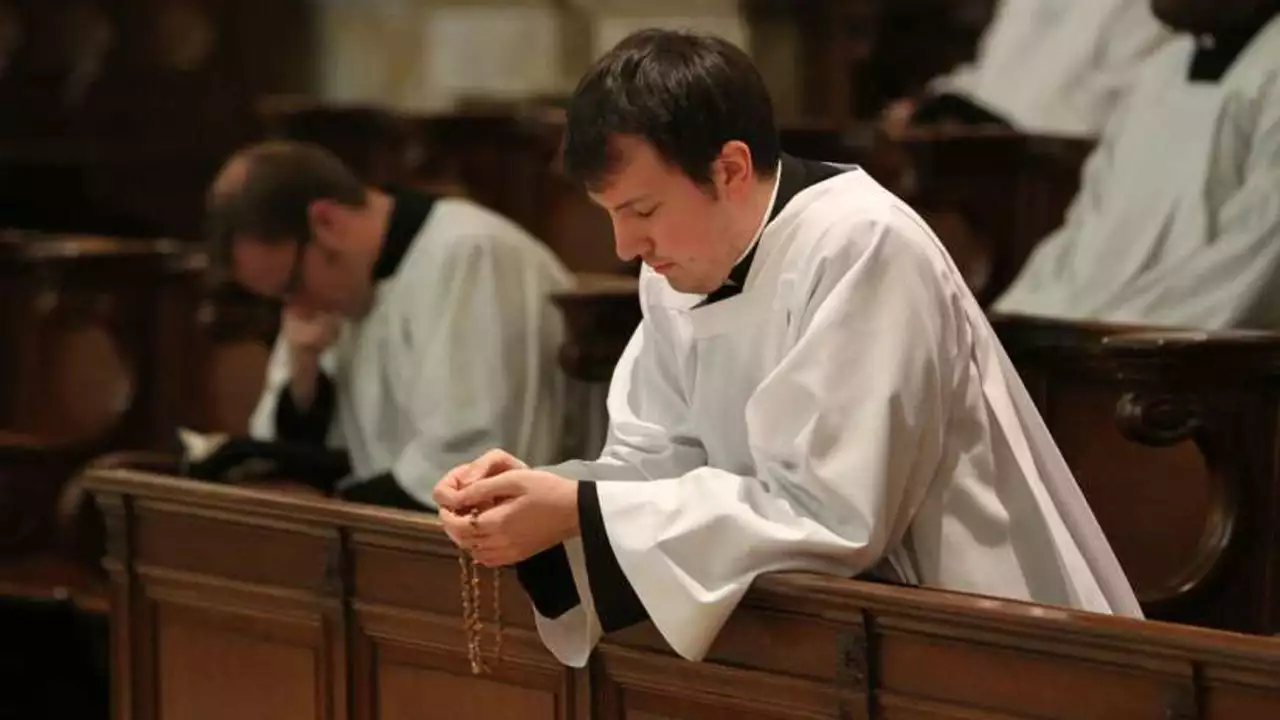Understanding the Role of a Priest
In India, the role of a priest is not just limited to performing religious rituals. It extends to being a spiritual guide, a counselor, and a mentor to the community. A priest is a person who is deeply respected and is considered as the link between God and the people. As a priest, one has to lead by example and guide the community towards righteousness and spirituality. This role demands a lot of commitment, dedication, and sacrifice.
Educational Requirements for Becoming a Priest
Becoming a priest in India requires a certain level of education. Traditionally, this education is obtained at a seminary or a theological college. The course curriculum includes studying religious texts, philosophy, theology, and other subjects related to the history and practice of the religion. The duration of the training can vary depending on the denomination. For instance, in the Catholic Church, a candidate has to complete a Bachelor's degree followed by a four-year theology course.
The Process of Ordination
The process of becoming a priest involves a formal ceremony called ordination. This ceremony is conducted by a bishop or a senior clergy member. During the ordination, the candidate is given the power to perform religious rites and ceremonies. The ordination ceremony is a sacred event which signifies the candidate's commitment to serve God and the community.
Life as a Priest
Being a priest is not just a profession, it's a way of life. It involves leading a life of celibacy, simplicity, and dedication to the service of others. A priest's day starts early with prayer and meditation, followed by conducting religious services, visiting the sick and the needy, and providing counsel to those who seek it. Despite the challenges, being a priest can be a deeply fulfilling and rewarding vocation.
Financial Aspects of Priesthood
While the primary motivation to become a priest should be the desire to serve God and humanity, it's important to understand the financial aspects as well. In India, priests are usually provided accommodation and meals by the church or temple they serve. They also receive a modest stipend for their services. However, the financial rewards of priesthood are not comparable to those in other professions.
Challenges of Priesthood
Like any other vocation, priesthood also comes with its share of challenges. Priests often have to work long hours and are on call 24/7. They have to deal with a wide range of issues from their congregation - from personal problems to spiritual doubts. The role also involves a lot of public speaking and leadership responsibilities. But the joy of serving the community and guiding people on their spiritual journey often outweighs these challenges.
Continuing Education and Growth
Even after being ordained, a priest's learning journey doesn't stop. There are many opportunities for continuing education and spiritual growth. Many priests choose to pursue higher degrees in theology or related fields. They also attend workshops and seminars to keep updated with the latest developments in their field. This continuous learning helps them in their role as spiritual guides.
Conclusion: Answering the Divine Call
Becoming a priest is not a decision to be taken lightly. It's a lifelong commitment to serve God and humanity. It requires a deep sense of faith, patience, and compassion. If you feel the divine call to serve as a priest, it's important to understand the responsibilities, challenges, and rewards that come with this sacred vocation. Remember, it's not just a profession, but a way of life.
